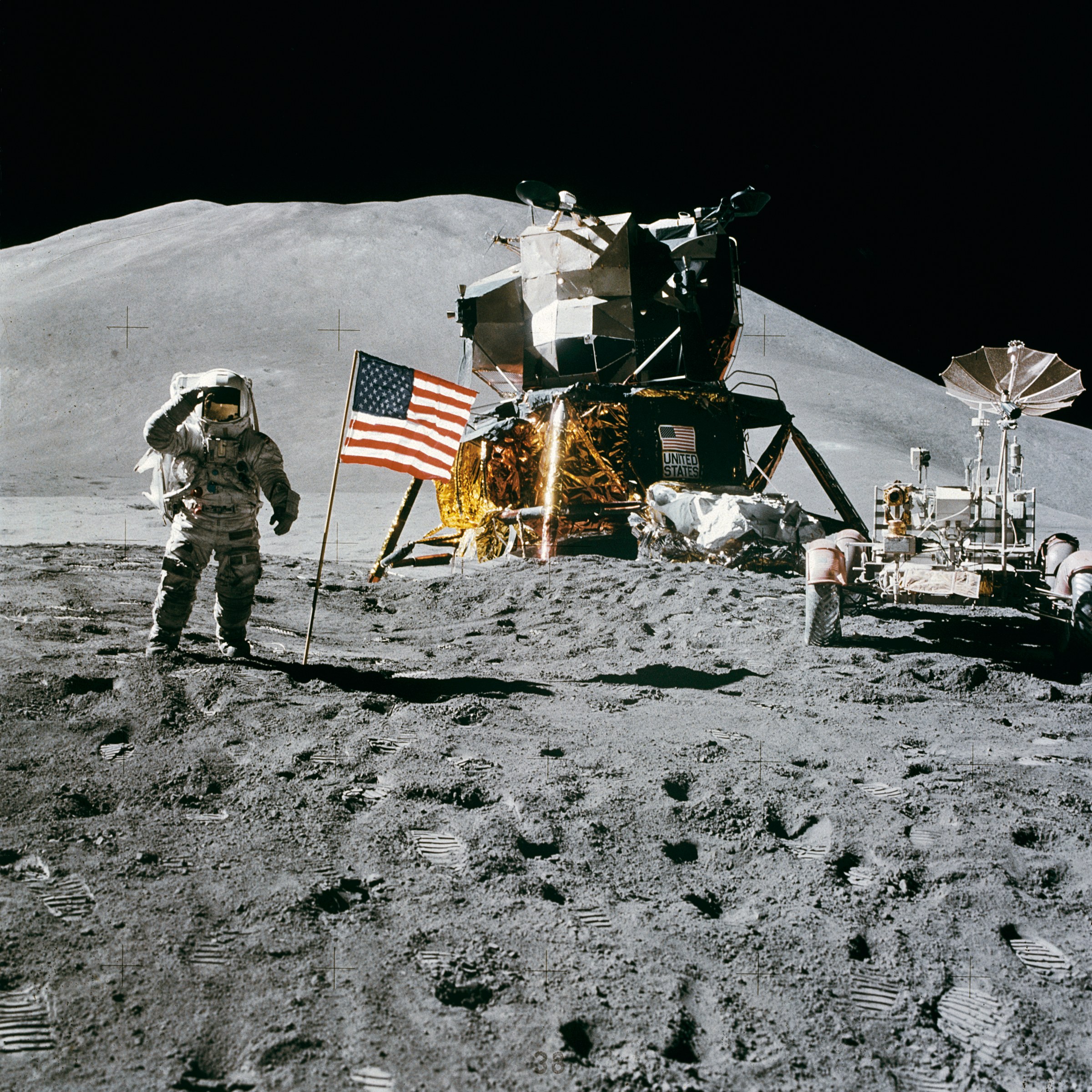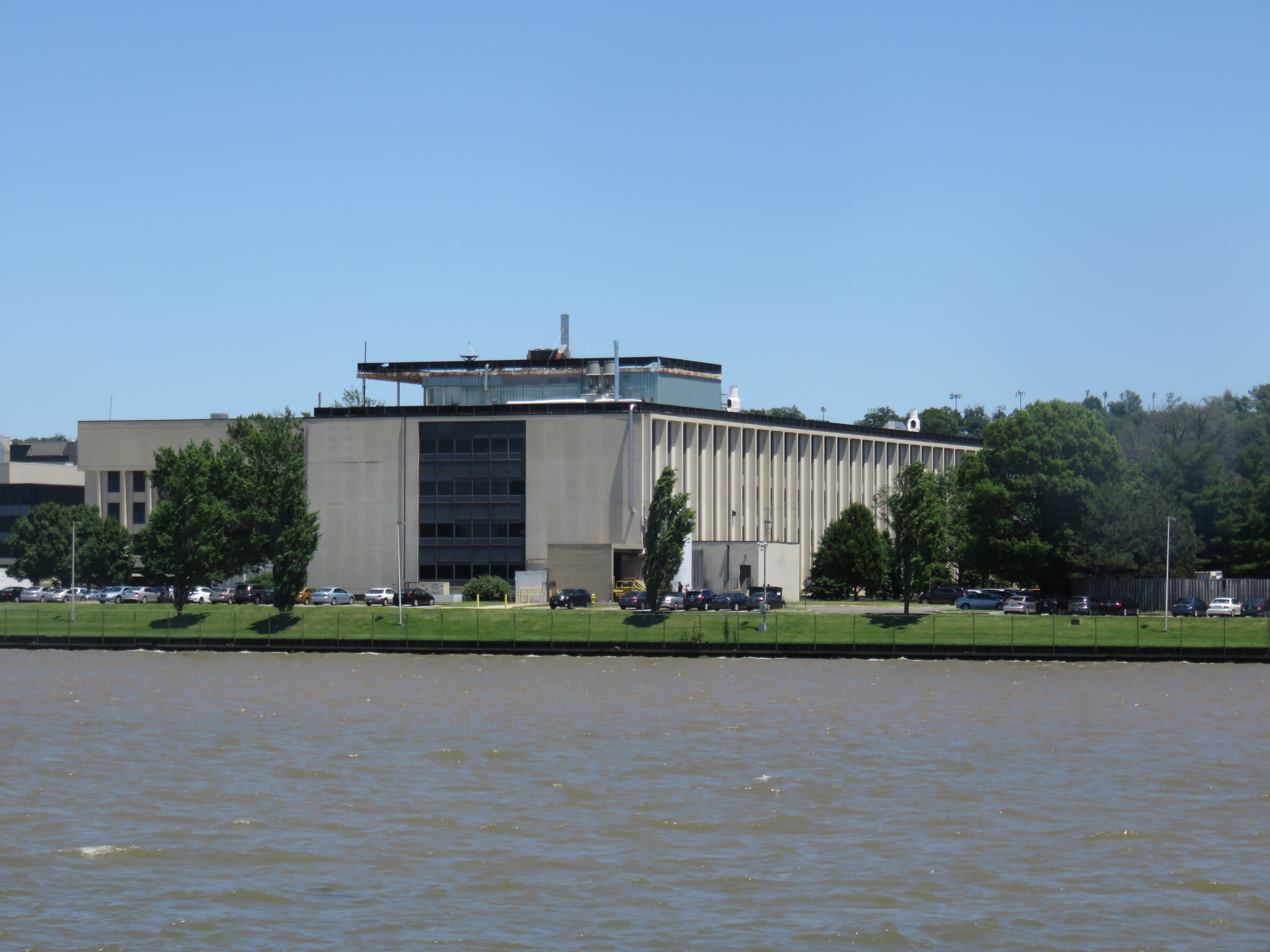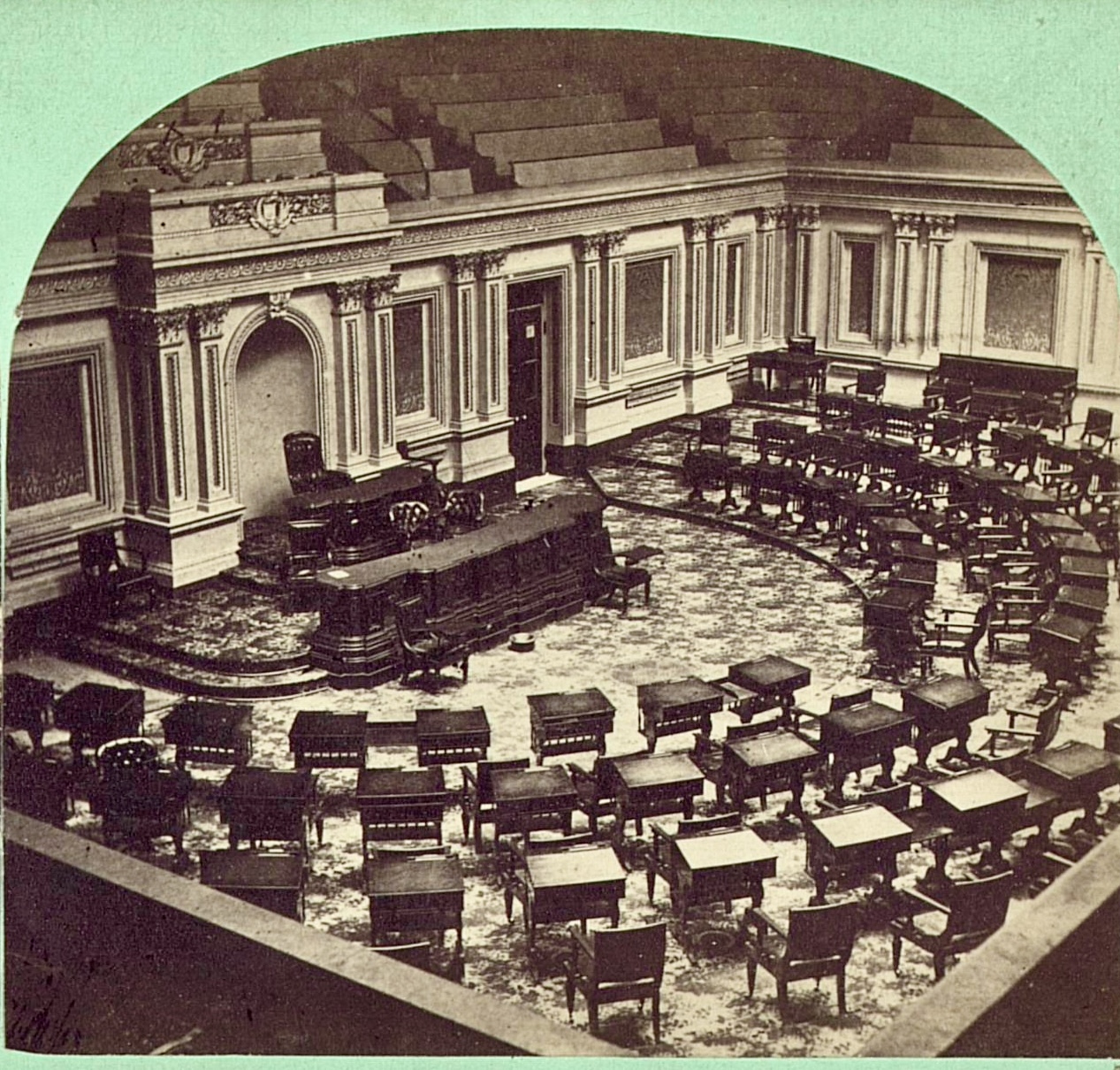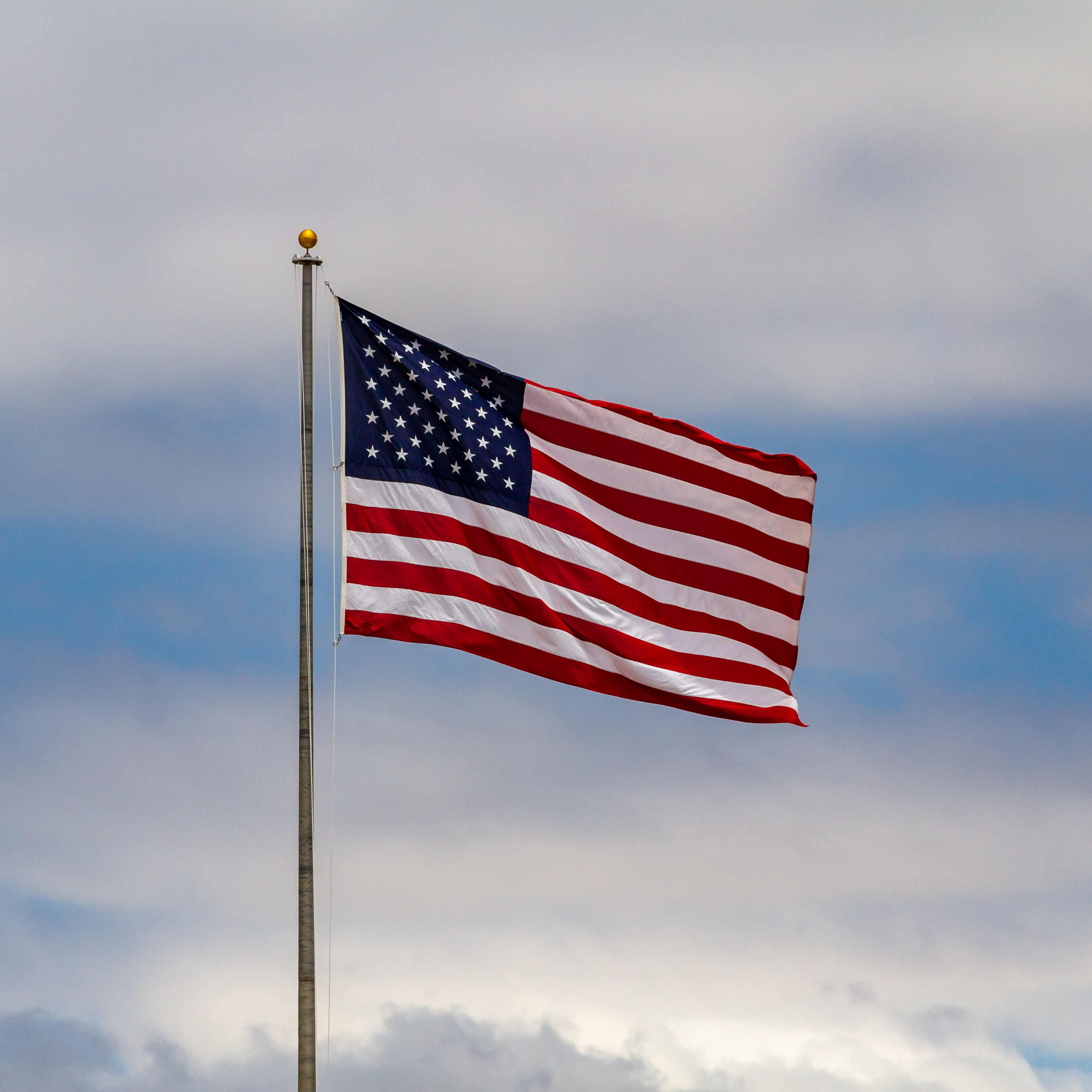In an entertainment landscape increasingly dominated by grievance narratives and historical revisionism, Ken Burns has delivered something remarkable: a documentary about the American Revolution that actually celebrates America. His latest masterpiece arrives like a cavalry charge against decades of progressive educators who’ve worked tirelessly to convince our children that 1619 matters more than 1776.
Burns’ triumph isn’t merely cinematic—it’s cultural. At a moment when Hollywood seems incapable of producing anything beyond superhero sequels and diversity lectures masquerading as historical drama, this documentary reminds us what American storytelling looks like when guided by respect rather than resentment for our founding principles.
The series showcases what conservatives have long understood: authentic American stories possess an inherent drama that no amount of contemporary political filtering can improve. When you have Washington crossing the Delaware, Hamilton’s financial genius, and Jefferson’s soaring prose about self-evident truths, why would any serious filmmaker need to invent fictional narratives about oppression? Burns wisely lets the Revolution’s extraordinary characters speak for themselves, trusting audiences to recognize genuine heroism without progressive interpretation.
What makes this documentary particularly significant is Burns’ unflinching portrayal of the Founders’ Christian faith and their belief in divine providence. Unlike the sanitized academic treatments that dominate university curricula, Burns acknowledges the profound religious convictions that sustained Washington’s army through Valley Forge and guided the Founders’ confidence in heavenly blessing upon their cause. This honest treatment of faith’s role in our founding represents a quiet but decisive victory against secular progressives who’ve spent decades trying to erase religion from American origins.
The production itself exemplifies the American creative excellence that emerges when our artists focus on genuine greatness rather than manufactured grievances. Burns demonstrates that superior storytelling craft—the kind that once made American cinema the envy of the world—remains possible when filmmakers approach their subject with reverence rather than cynicism. Every frame radiates the confidence and technical mastery that characterized American cultural production during our more confident eras.
Perhaps most importantly, the documentary’s success exposes the fundamental weakness of woke historical narratives: they’re simply inferior products. When audiences can choose between authentic stories of extraordinary courage, sacrifice, and achievement versus lectures about systemic oppression, they consistently choose inspiration over indoctrination. Burns’ ratings triumph proves that Americans hunger for stories that celebrate rather than denigrate our heritage.
The series also showcases the entrepreneurial innovation that emerged even during wartime, as colonial merchants and craftsmen out-maneuvered the British Empire’s bureaucratic machinery. This economic dimension of the Revolution—often overlooked in progressive treatments obsessed with social grievances—demonstrates how American ingenuity and free enterprise principles were present from our very beginning.
Burns’ masterpiece will likely frustrate the academic left, who’ve invested enormous energy in convincing Americans that our Founders were merely privileged white men rather than the visionary architects of humanity’s most successful experiment in self-governance. The documentary’s portrayal of Washington, Adams, and Jefferson as flawed but genuinely great men offers a refreshing antidote to decades of character assassination masquerading as “nuanced” scholarship.
This cultural victory points toward a broader renaissance. Burns has proven that when American artists trust in the inherent power of our founding stories, they can create world-class achievements that inspire rather than demoralize. His success will likely encourage a new generation of filmmakers to rediscover the inexhaustible richness of American history—reminding us once again that truth-telling about American greatness remains our most powerful cultural weapon.
The Revolution’s story, properly told, still moves hearts and changes minds. Ken Burns has given us that story.








